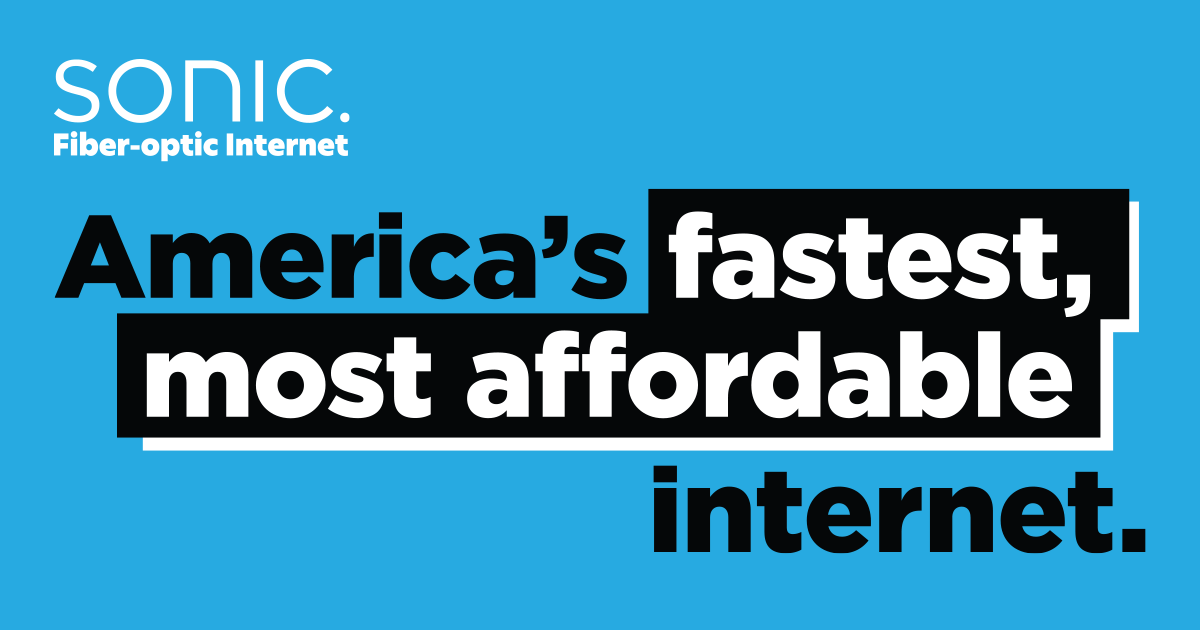Japan sets new internet speed world record — 4 million times faster than average US speeds
-
Only until you hit your data cap!
And they won't tell you what it is, they'll just throttle you when you reach it.
-
Japan seeming to be ahead of the curve 20 years ago but now being at the same level or behind, seems to be a common theme.
Could be related to their stagnating economy and population. Conservatives love to point to Japan as a successful ethnostate, but their xenophobia has directly led to the stagnation.
-
Where the hell are you getting 10Gbps for $50/mo? I'm paying $95/mo for 1Gbps
Im paying 125/month for 50 Mbps. Lol
-
No, real Americans would measure it in rocks, or football fields or something.

-
Japan is already pretty damn close to achieving 100% fiber network coverage for every household.
Living there right now and that is hard to believe. It's very common to find housing that still runs on VDSL. Living in Tokyo too
-
House size and media consumption are going to be big factors here I think. You get four people trying to stream, game, listen to music, whatever it is people these days use phones for, etc; it's going to really add up. Sure lots of people barely use the internet and are getting sold way more than they need but it's not uncommon anymore for multiple hd things to be simultaneously happening in one house
Which supports my point that average bandwidth is not an indicator of overall quality of internet accessible to the public because it can very easily be skewed by household size.
But people read half of the first paragraph and downvote. I guess it's on me for not being concise enough.
-
Content becomes a lot bigger in size while we get too used to getting it immediately. I could've laughed and how I set a PC to torrent overnight in pre-100MB times, but with games liberally crossing 100GB line I can see myself going back to that.
In my area geetting that higher bandwidth is at least an extra $50/month and I'm being conservative. That's $600/year just to download games quicker.
That means that if you're buying a new massive game once every month and a half you're paying just as much for bandwidth to download the game as you're paying for the game itself.
This is not good value unless you have so much disposable income that you don't even know what to do with it.
-
This post did not contain any content.
And yet, developers still build sites that load 500kb of JS just to display 5kb of text.
We don’t need faster speeds, we need more reasonable and thoughtful site design. Most sites are ridiculously overengineered, and don’t need a lot of what has been stuffed into them.
-
Living there right now and that is hard to believe. It's very common to find housing that still runs on VDSL. Living in Tokyo too
If it's like here in Finland, coverage means there's a fibre running under the street in front (or close enough nearby) but because it costs quite a lot to connect a building to it, especially if you want higher speeds and have to start retrofitting every apartment, many haven't done it.
For example our house officially has fibre coverage, but the street-to-house connection costs ~1800€ which is why we still run a VDSL while the apartment building down the street has 10Gbit to every apartment.
-
And yet, developers still build sites that load 500kb of JS just to display 5kb of text.
We don’t need faster speeds, we need more reasonable and thoughtful site design. Most sites are ridiculously overengineered, and don’t need a lot of what has been stuffed into them.
But then how will you be able to mine every single possible data point on every single visitor so that you can maximize profits with advertisors?! Huh?! /s
-
This post did not contain any content.
Wouldn't it be bottlenecked by the upload speed?
-
Meanwhile in aus we get like 5 MB/s
;-;
Half-duplex
-
But then how will you be able to mine every single possible data point on every single visitor so that you can maximize profits with advertisors?! Huh?! /s
IME it is more devs and managers going wild on the “golly gee wiz” features that are meant to dazzle site visitors, rather than on actual content (or to obscure a lack of actual material content).
Sure, what you mentioned is a problem, and a serious one at that. But your issue arises more from marketers and bean counters and C-Suite execs than devs and managers.
-
Wasn't Google Fiber available in like, one town in Kansas? So I suppose yes, it did increase the average speed, but by a very small amount.
Not quite. Google fiber did 2 things: 1) in any market thry entered, they forced an ante speed and 2) they provided a model that a bunch of local coops and/or municipal networks could follow (and did)
They are currently in 28 markets in the US.
-
But then how will you be able to mine every single possible data point on every single visitor so that you can maximize profits with advertisors?! Huh?! /s
Nah its not even always about profit, sometimes its just pure sloppy showoff like a page where I am supposed to sign up should not be promoting the company, if Ive already got onto that page why do I need to scroll all the way down to the join/sign up button!
-
Ignoring clickbait title, this is impressive. Networked devices used to be the limit on data transfer.
Are there any devices even capable at reading/writing at 125,000G/sec?
Seems breakthroughs here are more relevant to for backhaul networks.
0.125 P/s
-
I got some news for you about Australia then.
Let me guess, Kangaroos? Their pouches could hold alot of packets
-
Where the hell are you getting 10Gbps for $50/mo? I'm paying $95/mo for 1Gbps

America’s fastest, most affordable internet service.
Get fiber-optic internet service with speeds up to 10 Gigabits. Fast, fair, and affordable.
(sonic.com)
I'm actually paying $40/month because I'm on a legacy plan that's $10/month cheaper in exchange for no phone or email support (SMS only) and no free addons like email, web hosting space, eFax, or VPN.
Sonic has caused the other ISPs to lower their prices here. For example, Comcast Xfinity has 2Gbps for $70/month, although that's not symmetric and only has 250Mbps upload speed. AT&T's fastest plan here is 5Gbps for $155/month.
There's a few cities throughout the US that have a similar service, or cheap municipal fiber (ran by the city itself). Unfortunately it's not very common though.
-
That sounds like a coax network instead of fiber.
It sure does, but AFAIK it was only available to houses that use fiber (FTTP - fiber to the premises) until recently. My mum could only get 250Mbps max over the coax network before (Aussies refer to it as "HFC" - hybrid fiber and coax).
They do have a 1000/250 plan but it's ridiculously expensive compared to the "standard" 1000/50 (called "NBN 1000" - NBN is the National Broadband Network)
-
Yeah Australia still hasn't quite caught up to the internet speeds some other countries had 15 years ago. It's kinda sad. I'm still sad the original (good) NBN got replaced by the janky NBN that's taken years to fix.
The other weird thing in Australia is that even the expensive fibre plans are asymmetric. Most countries that have fibre have a 1Gbps symmetric plan (meaning upload and download are both 1Gbps) whereas the 1Gbps NBN plan has a ridiculously low ~50Mbps upload speed.
I moved from Australia to the USA in 2013. Back then, I had ~9Mbps ADSL2+ in Australia, compared to 600Mbps in the USA. Huge difference. Now I've got 10Gbps symmetric in the USA for $50/month through a local ISP.
I'm still sad the original (good) NBN got replaced by the janky NBN that's taken years to fix.
Malcolm Turnbull is the one I blame most for that. It was his party's policy, but it was his charisma and perceived technology knowledge that sold it.
And he did it for the chance of being PM, not because it was the correct course of action for the betterment of the people he was supposed to be representing.
Imagine selling out an entire country's future for a promotion. What a cockhead.






